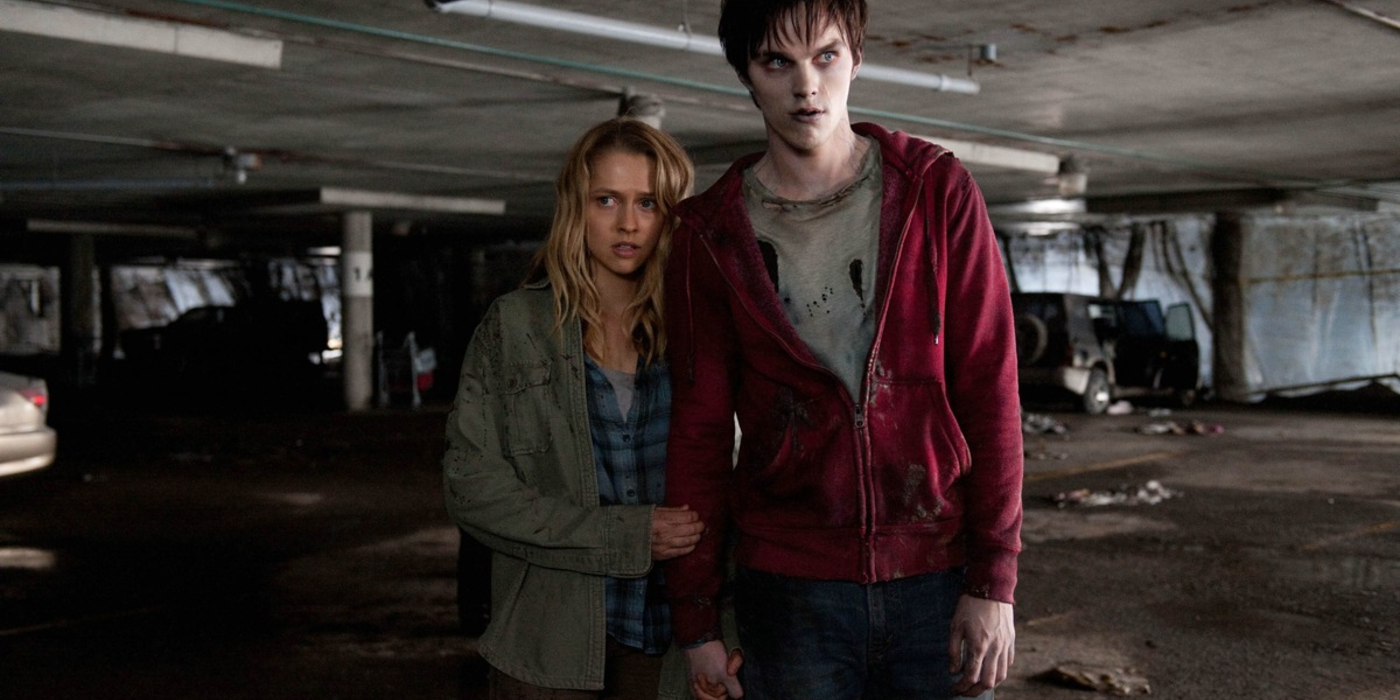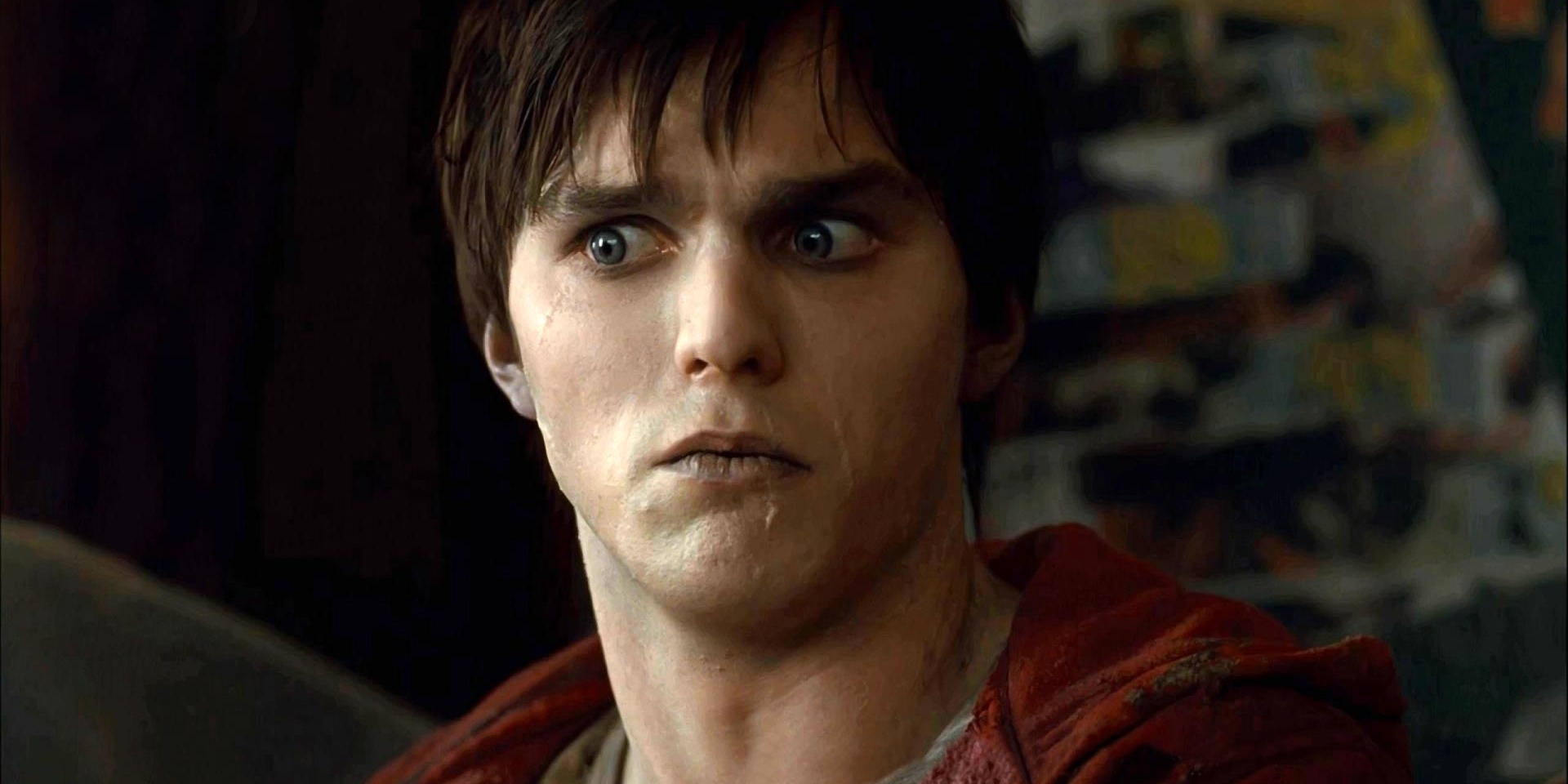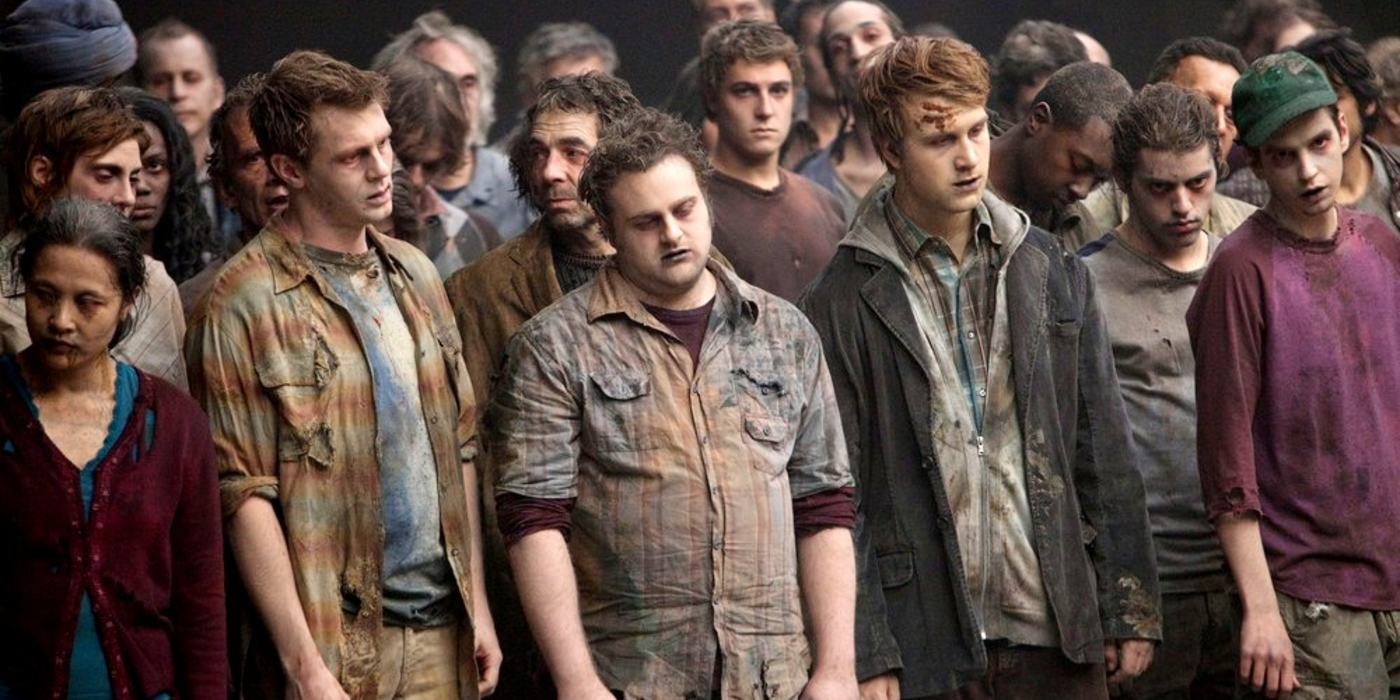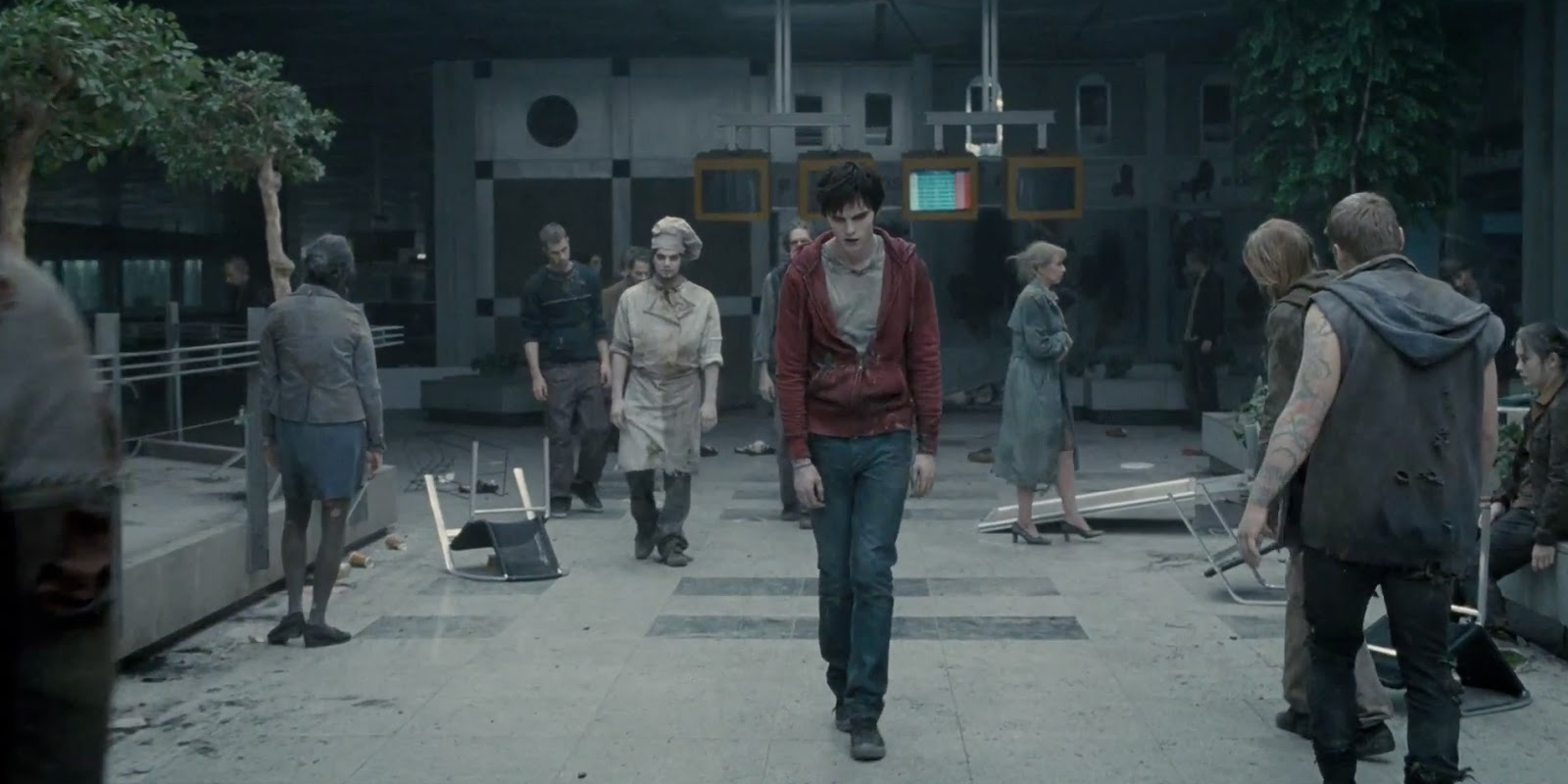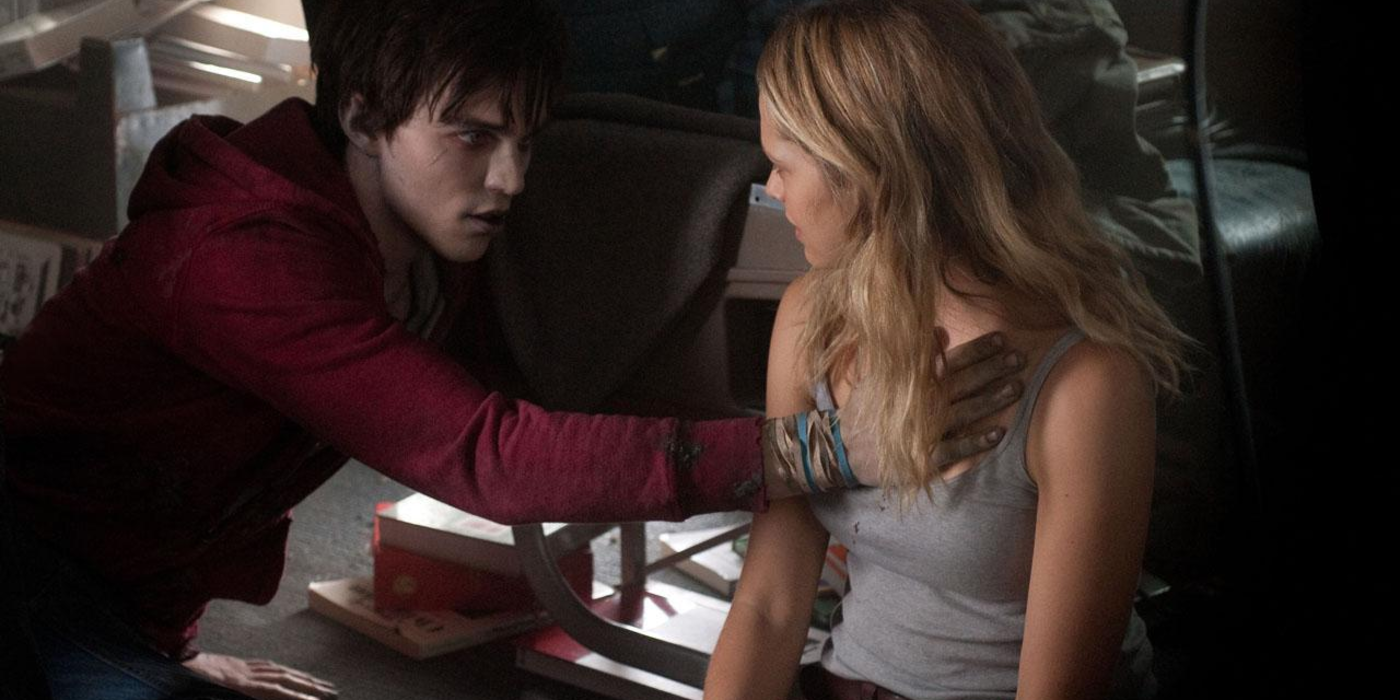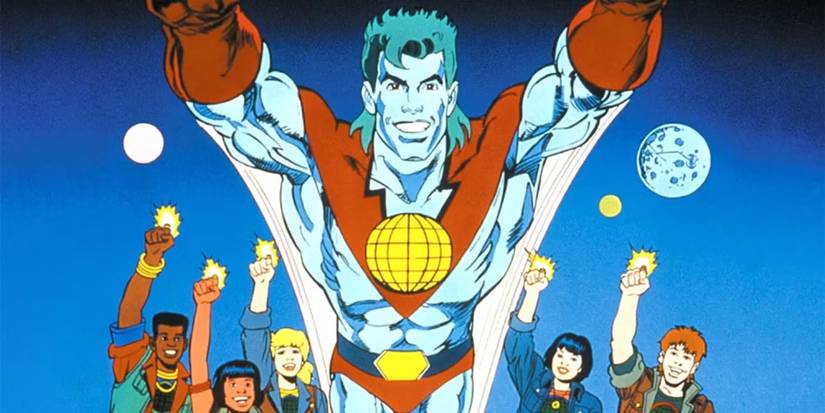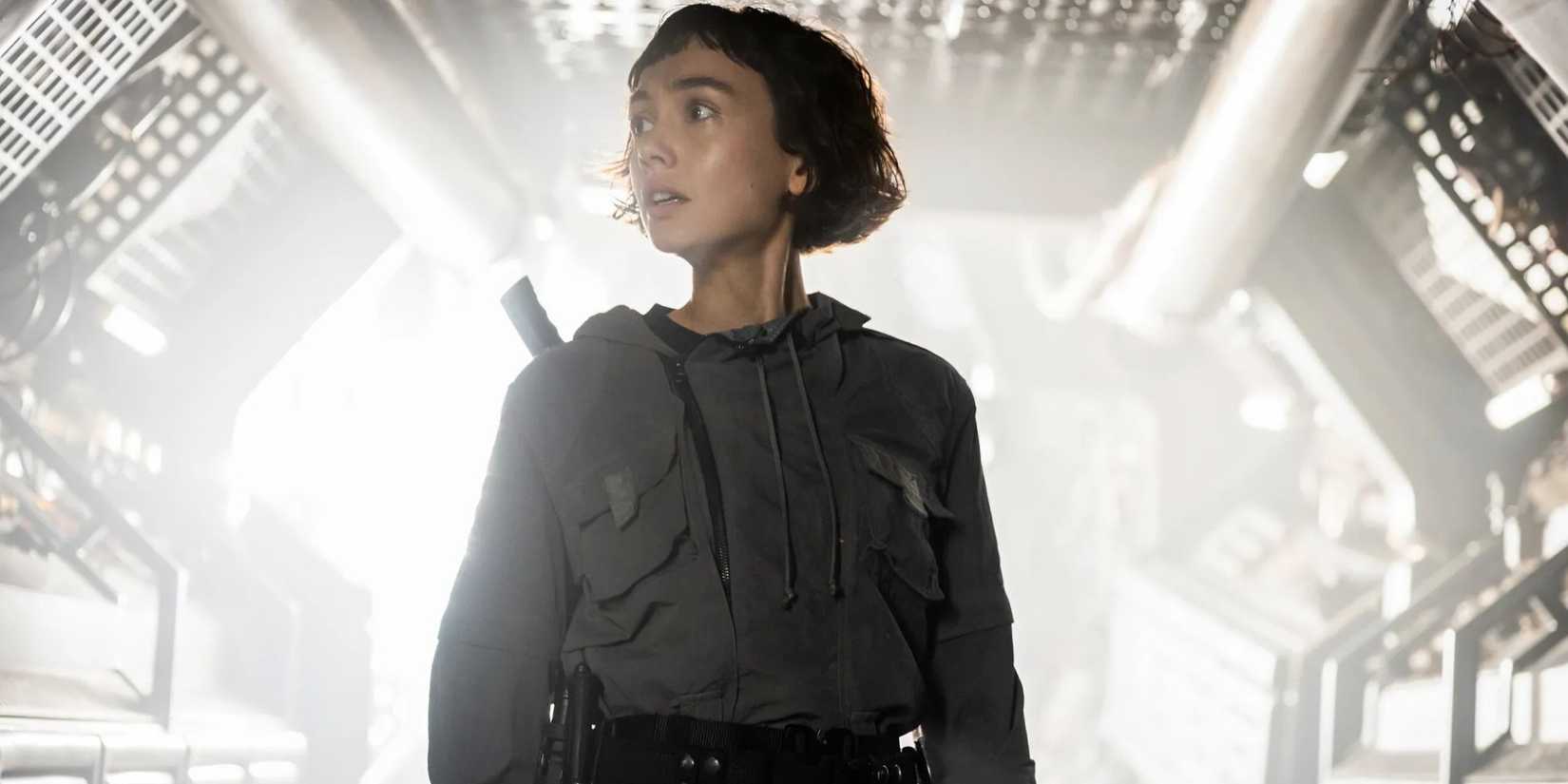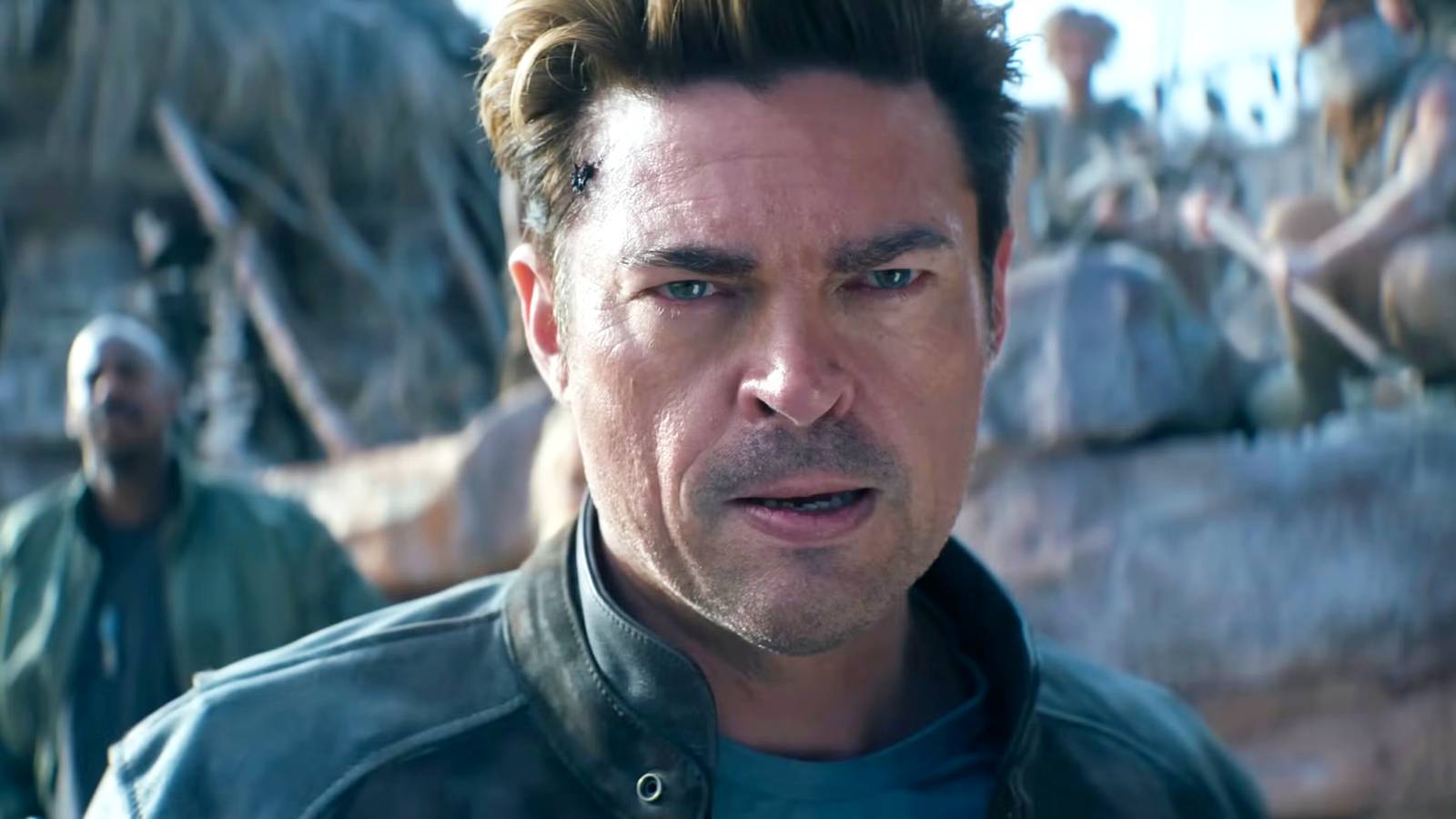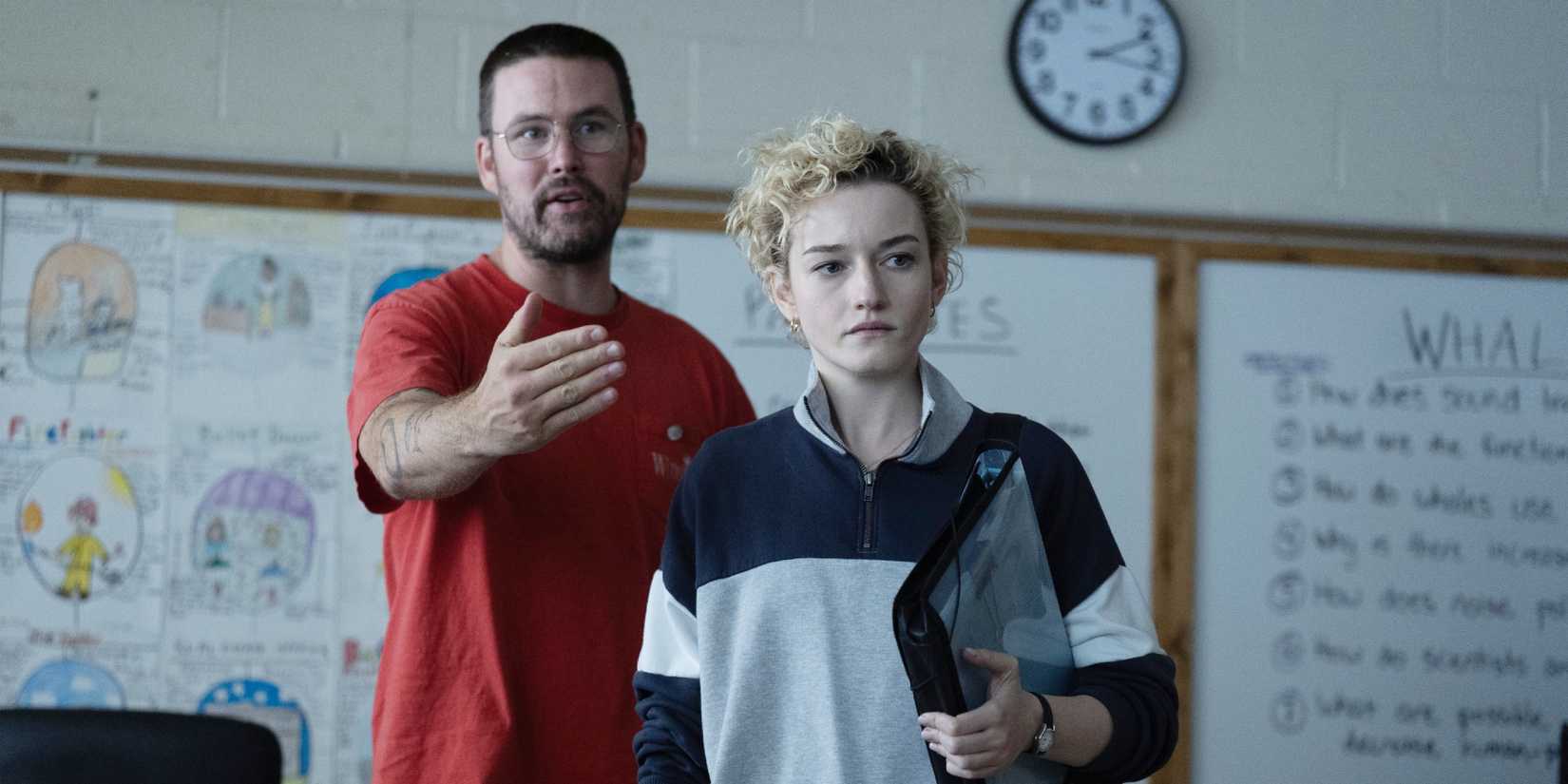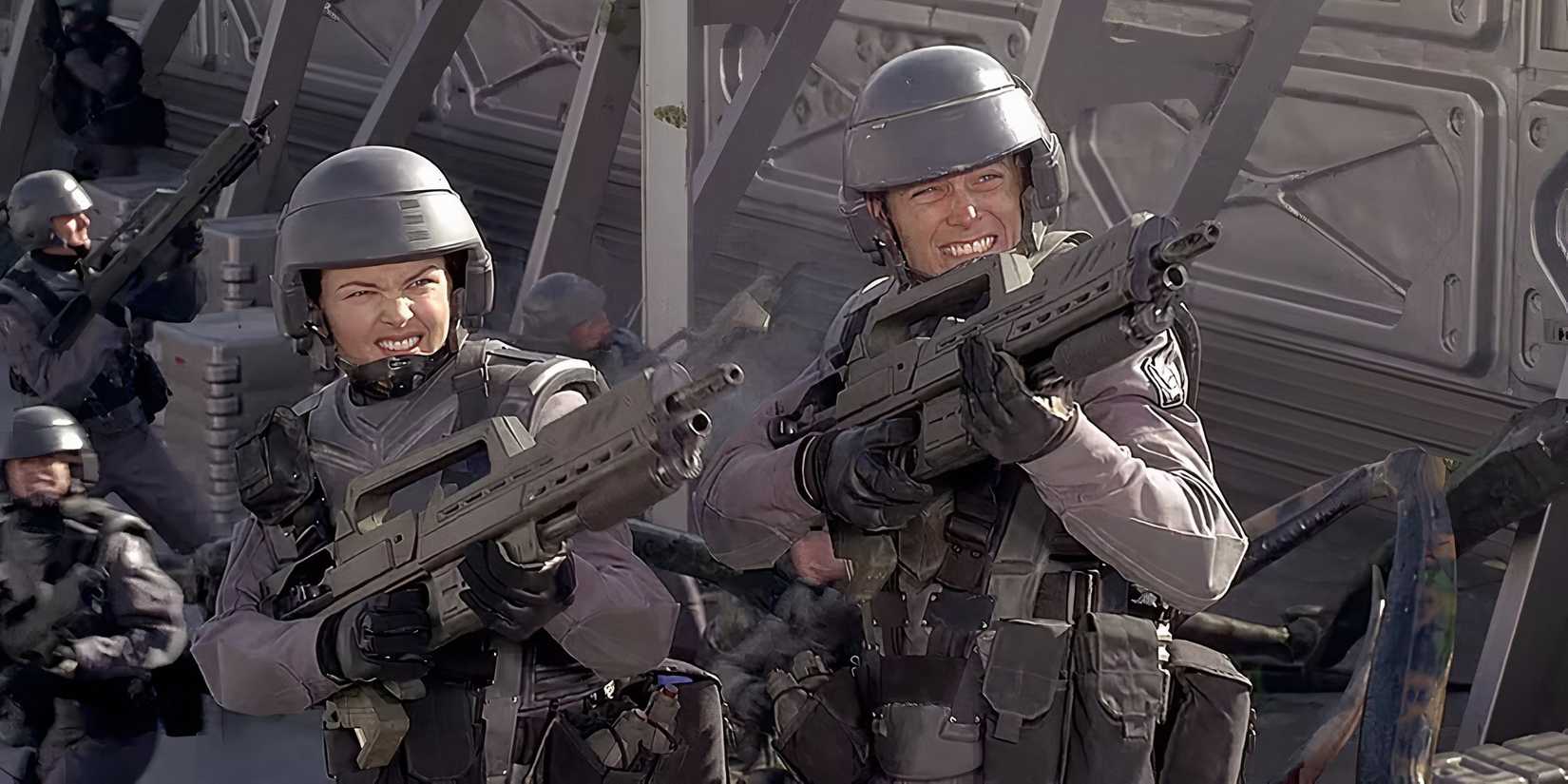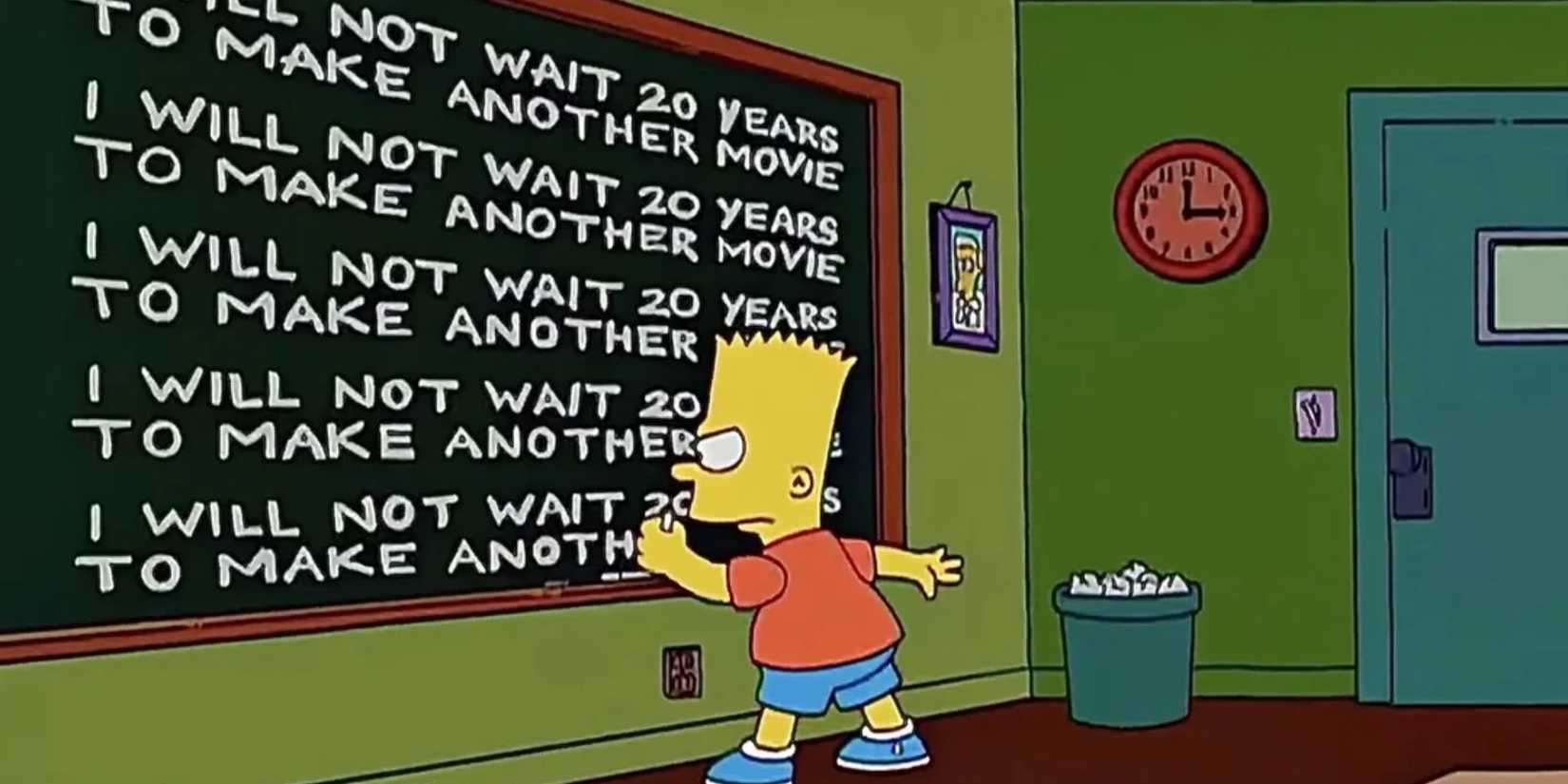With 28 Years Later this year, unconventional zombie movies are back in the zeitgeist, where the zombie apocalypse serves merely as a premise, used to explore other facets of the human experience. While there have been other films to do that, few movies can properly circumvent the pitfalls of focusing on other aspects during a full-blown zombie outbreak.
Unique and scary zombie movies often employ genre-bending narrative and visual techniques to rejuvenate the subgenre of horror that gets saturated the most. Even when they try to move away from horror film territory by highlighting the action-comedy appropriate elements of the situation, the films inadvertently focus on the zombies and the horror they bring with themselves.
So, even unconventional zombie movies that break away from the genre tend to always have elements of horror with varying degrees of importance. However, one of the most innovative zombie movies of the 2010s, Jonathan Levine’s Warm Bodies, starring Nicholas Hoult as the protagonist, is practically not a horror movie.
Warm Bodies Explores A Unique Side Of Zombie Movies
It Uses The Zombie’s Perspective
The protagonist of Warm Bodies, a zombie named R (Nicholas Hoult), whimsically chooses to save a woman named Julie (Teresa Palmer) from other zombies. He takes her to the airport that his fellow zombies have occupied and gives her a home there. With voiceover narration from him, we experience the movie through the zombie’s eyes as he falls in love.
Warm Bodies has one of the most unique zombie movie rules. Zombies take on memories of the deceased when they eat their brains. So, when R eats Julie’s boyfriend’s brains, he starts feeling connected to Julie via memories. This connection later blossoms into romantic love with time as he eats more of his brain to understand Julie through the memories.
|
Every Nicholas Hoult Horror Movie |
||
|
Movies |
Year |
Director |
|
Warm Bodies |
2013 |
Jonathan Levine |
|
The Menu |
2022 |
Mark Mylod |
|
Renfield |
2023 |
Chris McKay |
|
Nosferatu |
2024 |
Robert Eggers |
However, what sets Warm Bodies apart from other zombie movies is its use of romcom tropes. Not only do R and Julie’s names refer to Romeo and Juliet, but their story is also similar to Beauty and the Beast, as she develops feelings for her captor due to his benevolence, and eventually helps him in the ending of Warm Bodies.
Many Horror Subgenres Have Successfully Used the Monster’s POV
It Redefines Narrative Technique
Creature features mostly focus on the people being terrified and chased by the creatures. However, every so often, a movie chooses to switch up the formula and use the point of view of said monster to provide a fresh perspective. Interview with the Vampire, a horror movie with an incredible ensemble cast, is, for instance, mostly narrated by a vampire.
Similarly, An American Werewolf in London uses the POV of a werewolf, as does Ginger Snaps, as they help address the themes of body image and dysphoria through the experience of morphing into a werewolf. The opening sequence of Halloween and the remake of Maniac are famous examples of slashers using the perspective of the primary antagonist as well.
Even though it’s yet to be announced or confirmed, Isaac Marion, author of the Warm Bodies series of novels, has suggested that the next book might be adapted into a TV series.
While zombie movies don’t do this frequently, Warm Bodies is proof that the technique could be employed by zombie films with fascinating results, too. The few films that have attempted to use the POV of the zombie haven’t done so effectively, and Warm Bodies might also benefit from being a romcom instead of a traditional zombie horror film.
More Zombie Movies Should Explore The Healing Aspect Of Warm Bodies
They Heal With Love
Few zombie movies look like you could survive them, but Warm Bodies is definitely one of them. It introduces another unique rule for zombies that significantly increases the chances of survival even after being attacked and mauled by a zombie. The zombies start turning back into humans when they feel human emotions and allow them to take over their minds.
Movies like 28 Weeks Later do address the possibility of developing a cure to the virus that causes the zombie apocalypse. However, few movies feature such a conceptual form of a cure like Warm Bodies. Exploring the possibility of curing zombies and saving victims opens up more avenues that the films in the genre should feature more frequently.
Warm Bodies’ Concept Would Work Outside A Romcom Too
Taking A More Typical Horror Movie Approach Wouldn’t Ruin It
The healing of the zombies in Warm Bodies occurs as a direct consequence of the budding romance between R and Julie. R discovers human emotions and starts responding to his romantic attraction, starting his journey of healing. When the other zombies help the couple, they discover their human core, remember long-lost memories, and start getting cured as a consequence.
Warm Bodies could’ve delivered its message even if it were a horror film.
However, the film also features horror movie monsters that are nightmare fuel. The boneys, skeletal zombies that have lost hope and are thus beyond curing, look terrifying and move faster than other zombies. They attack cured zombies once they realize they’re healing, and Warm Bodies could’ve delivered its message even if it were a horror film focused on this aspect.
The Cured has a 70% approval rating on Rotten Tomatoes
Moreover, there’s proof that focusing on healing zombies also works in other genres. David Freyne’s 2017 film The Cured, starring Elliot Page, is a social drama that uses the premise of a zombie apocalypse to address medical paranoia. A city plagued by a virus that turns people into zombies grapples with the tensions that arise after a cure is discovered.
Blending of Zombies With Other Genres Has Proven To Work Well
Horror-Comedy Is A Popular Subgenre Of Zombie Movies
Edgar Wright’s Shaun of the ᴅᴇᴀᴅ revolutionized zombie filmmaking as a hilarious horror comedy movie whose tropes developed into trends with time. Movies like World War Z and Dawn of the ᴅᴇᴀᴅ also set new expectations for zombie movies because they’re primarily action films. How much 28 Days Later changed zombie movies as a social drama can hardly be exaggerated.
So, even though the best zombie movies have unique approaches to storytelling, there’s merit in exploring the niche that Warm Bodies practically created. Despite introducing the thematic power of a conceptual cure, the idea hasn’t become popular during the past dozen years. Moreover, using the zombie’s POV for an unconventional romance also remains a very rare occurrence in zombie cinema.
